The masman of the 21st century
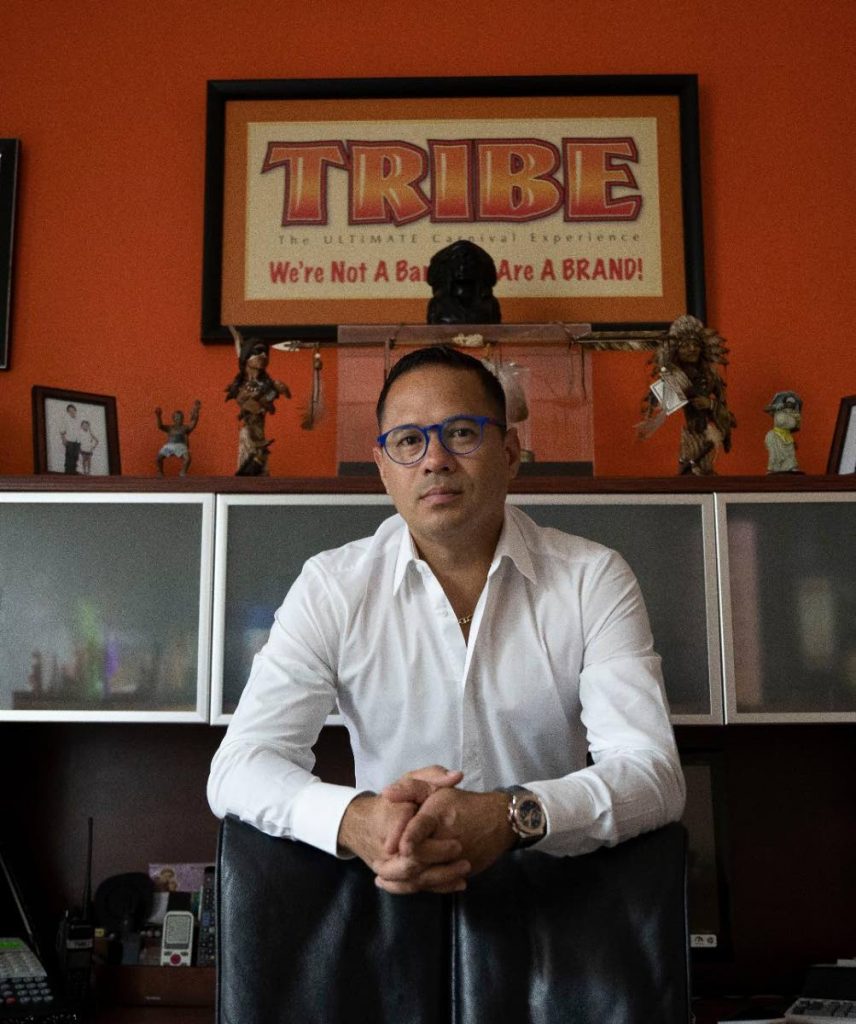
Some say it is truly a privilege if your passion is aligned with what you do for a living. When Dean Ackin, group CEO of Tribe Carnival, speaks about mas, it becomes clear why he has been able to build a brand consortium that continues to redefine the festival.
“What Carnival does for all of us is unique. It’s a kind of euphoria that you don’t feel anywhere else. It’s an emotion that you just can’t find anywhere else. For those two days, you’re free. An emancipation from stress. An escape you can’t get anywhere else.”
Ackin switched from masquerader to mas man when he and his wife, Monique Nobrega, and her sister Lana took their section from mas band Poison and created their own band, Tribe. There the journey to making Carnival bigger and better began.
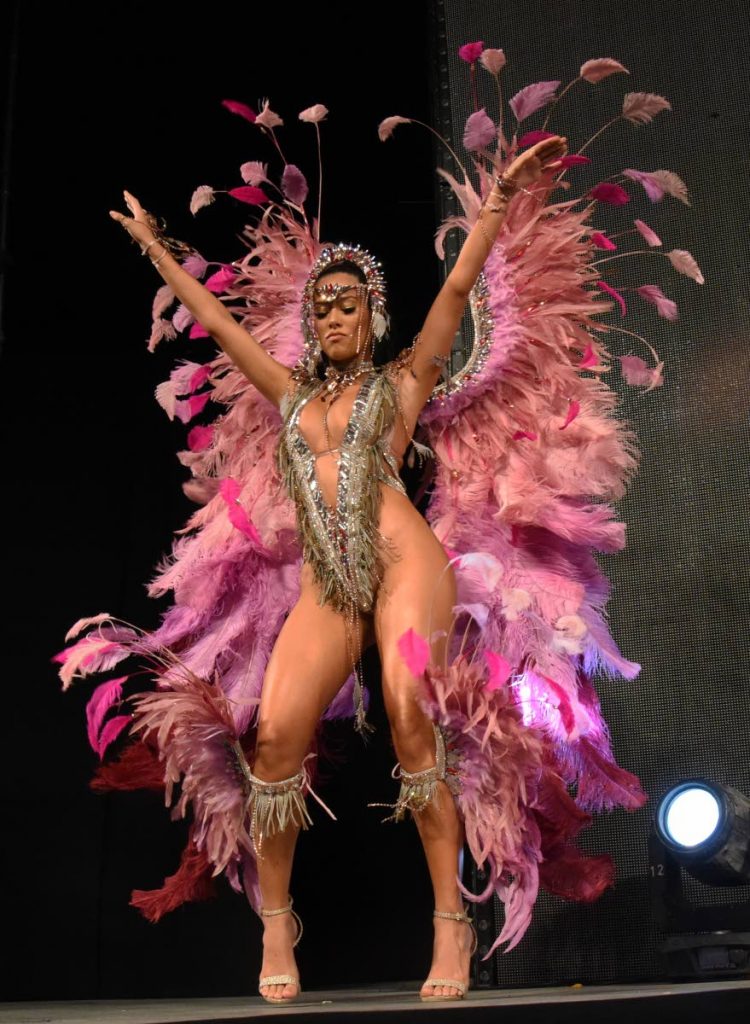
"After the first year, we wanted to add to this experience, so by the second year, we started to provide drink packages and additional security.”
And with that, Tribe became the first to launch the all-inclusive concept for an entire band.
“We are solutions-oriented. That’s how the Socadrome came about. It is a solution to masqueraders standing up on Charlotte Street for hours with no music and no drinks. That just didn’t make sense to us.”
In 2014, along with Tribe sister band Bliss and YUMA, the group conceived the Socadrome, an alternative venue with a big stage – exactly what masqueraders wanted.
“That is the pinnacle, the climax of the Carnival – the big stage.”
Since there’s no Carnival without bacchanal, the Socadrome was initially controversial, with accusations that it was deviating from the traditional band-judging routes. Sponsors also did not come on board for the first couple of years; it was paid for out of the bands' pockets. To this day, Ackin said, the majority of the cost is out of pocket for the band.
“But we see it as a necessity for Carnival. It was always meant to complement the Savannah and I think that is exactly what it does.”
Masqueraders agree. And over time, the relationship with the governing bodies of Carnival, especially the National Carnival Commission (NCC), has improved. The process for a band to pass through the Socadrome is simple and all are welcome.
“We do get a lot of support from the police and fire service. They provide the manpower, through the NCC. The last two years or so, the working relationship between the NCC and our Socadrome committee has been pretty good.
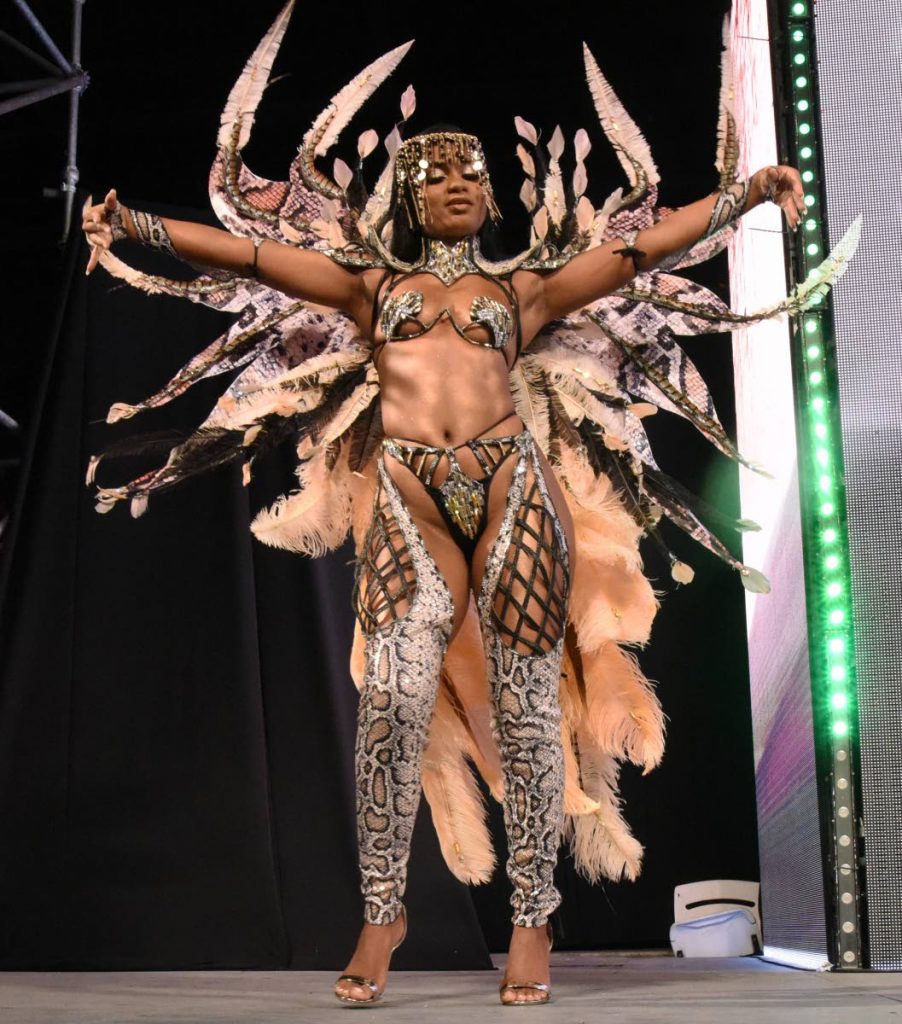
"We always boast that Trinidad Carnival is the greatest show on earth but we no longer put on a show at the Savannah. Down at the Socadrome, however, it is built that way, for a show to include a variety of Carnival elements, from kings and queens to extempo to traditional characters to theatre mas to party mas to kiddies mas to soca to calypso. You name it, we put on a show down there and it has been building every year. It is free admission and it is our way that we give back to the people of TT.”
Ackin estimates about 4,000-5,000 people were seated in the Socadrome this Carnival.
“People bring their picnic baskets and spend the day. There are kids’ activities. There is a bar. There is good parking in the stadium and in MovieTowne.
"The Socadrome is only just getting started. It’s one day now, Tuesday. There is the potential for it to be open for the entire weekend during Carnival. We would like to take the lead in it, but always working together with the NCC to help to develop the Socadrome and the Savannah into the elements that drive this destination festival.”
As for ideas like the Socadrome, where do they come from?
“They come from within the team. We have 40 permanent members of staff here. And then there’s the various committees. So about 500 people in total.”
Ackin sees himself more of a coach than a CEO.
“I see everybody for who they are. Everyone has their own strengths, and what I do is try to amplify those and at the same time recognise their weaknesses and try to mitigate those. It’s a constant process and one that I enjoy.
"Most of our staff are still with us from day one. I have a great employee network. It is a fun business to be in and I try to ensure that environment around the workplace is also fun.”
While quite a bit of the band’s costume production is done abroad, Ackin says a lot is still done locally.
“All the male costumes, to a large extent, are done locally. All the headpieces and backpacks. Even some of the female costumes are done here.”
Outside of TT is production for the base of the body pieces and decoration of the suits. The materials used in design have changed, as well. There is a lot of chain being used now and that has to be done by factory.
“We try to strike a balance between what is done locally and abroad.”
The group is, however, trying to make local production more of a priority. “We are establishing a production house right opposite the mas camp (on Rosalino Street, Woodbrook), where we will start to employ some of the skilled labour from the industry.”
This will include artisans, bringing back the art of wire bending, decorating and embellishing, to name a few. “We have some great skilled people around us, and if we can bring them in to train people and develop those skills, then we could help grow, or rather, build back a pool that we have locally. The pool that we have locally is small.
"So our intention this year is to grow this initiative. We have already rented the facility and we are to start a small operation and hopefully it will grow.” Before Tribe, Ackin worked at Republic Bank for 12 years and he believes it is his experience in the bank that helped him when it came to running the business side of the band efficiently, especially since so many in the team are creatives.
“I’m that conduit between the very important creative side of the business and the commercial side.” There’s often the inevitable tension between creatives and business people.
“Every single year, for 15 years, 99 per cent of the costume designs come in over budget. There is that desire by the creator or the designer to produce the best-looking prototype, the best-looking design and I always have to remind them that they are creating mas for mass production, not just one costume that’s going to sit in a museum. But you have to make sure this thing could be priced so the customer could afford it. I’m like the scale trying to balance these two aspects of the business all the time.”
Fifteen years in, the Tribe Carnival network is now made up of six bands and several events throughout the year to support the brands and keep each community engaged. Ackin says one of the things he wants to dispel is the thought that Tribe owns all the bands that fall under its umbrella.
“The fact is, we really don’t. Pure is a partnership between us and the guys who did Passion Carnival. Rogue is a partnership between Caesar’s Army and ourselves.
"How it works – and it works well – is, you have the brand and networking people handling the front end, the creative side and the marketing, and Tribe handles the back end and road logistics.
"It started with Tribe, then we launched Bliss and then the other four bands joined the group via these partnerships.”
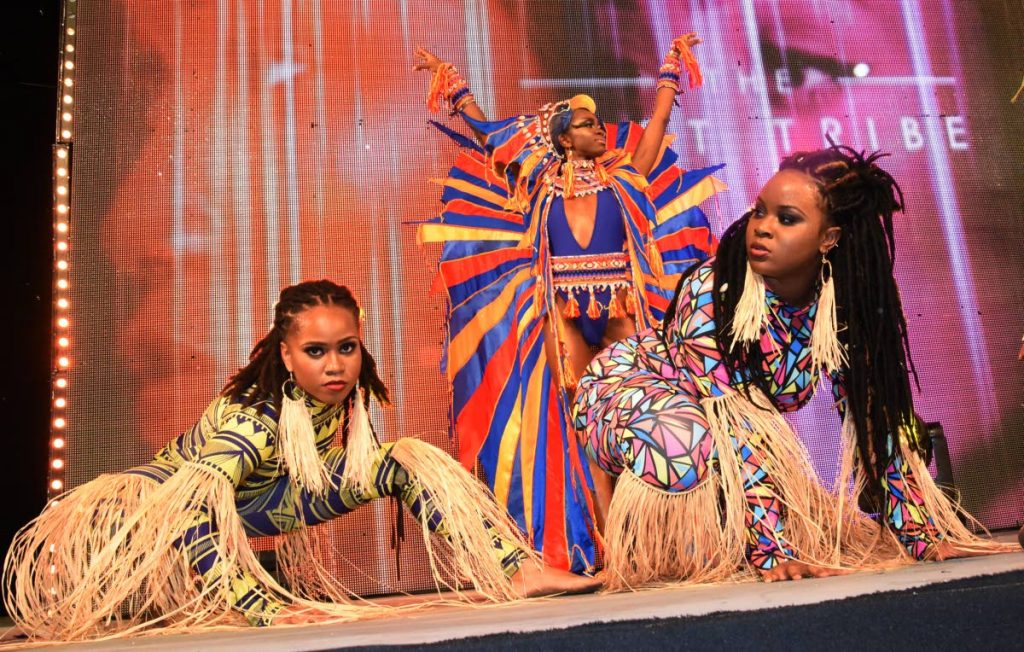
The partnerships all started with relatively casual conversations. As for how the money works: “There is a partnership and shareholders' agreement with the bands. They have the market, the people, the creativity and we have the experience in terms of costume production and road operations.”
And as for the business operations, Ackin says everything goes down at their headquarters in Woodbrook.
“We have a finance department, a marketing department, events, warehousing and more. Everything is run just like any other company.” But not everything can run as smoothly as Tribe Carnival.
“I think (we need) a more co-ordinated approach to our Carnival. Our festival. If I could snap my fingers, I would like TT to realise that without oil and gas in a couple of years, we will have no choice but to turn to other industries that will keep the economy flowing. It’s for us to recognise that we have something here and we’ve had it for the last hundred years. But we need that co-ordinated approach. When you look at other countries who depend on tourism, everybody works together.”
And the Tribe model – including his carnival expertise – is proving to be an exportable commodity. Ackin said a country had approached the group to assist with the production of its carnival, although he decline to name which.
“They want us to basically come to their island and totally revamp and rethink their carnival and run it for them.
"This is just an idea of the potential we have, not only onshore but abroad.” Ackin doesn’t see any carnival as rivalling TT Carnival.
“Despite how many replicas there are of our Carnival, I think we have a lot more to offer, because we still have all the various elements. Carnivals abroad are simply party mas, and it’s usually one day. We have two. We have the party mas, but we also have the Lost Tribe (part of his group) and K2K Alliance. We have theatre mas, calypso and extempo. And most of the soca comes out of Trinidad. We have Canboulay and stickfighting.
"We have all these elements. So anyone coming down here has the opportunity to get into the history of the culture of TT. We need to not let it spill away.”
As a company, Ackin says Tribe is thinking far ahead when it comes to developing Carnival to meet the needs of 21st-century masqueraders.
“We are thinking three years ahead. I see the brand involved in more carnivals and events overseas.
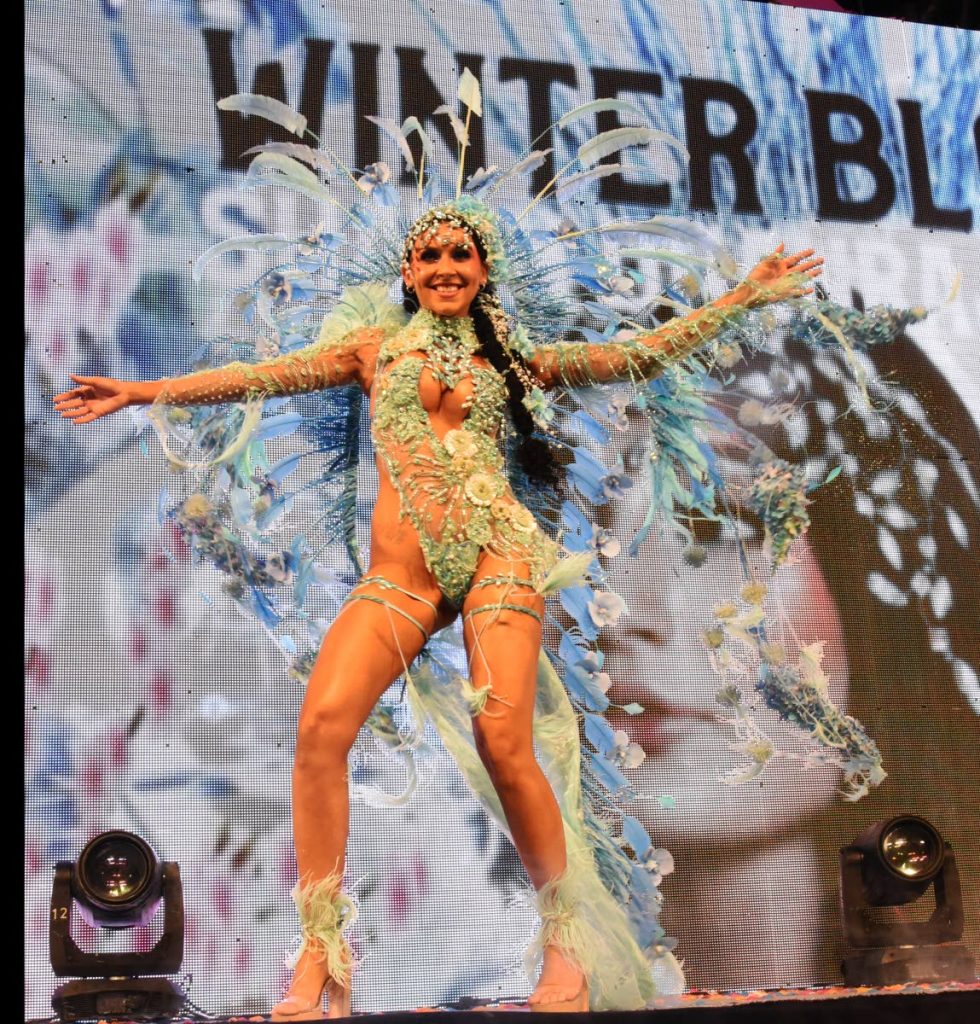
"I also feel that kiddies’ mas needs to be revamped. Kiddies’ mas needs an injection of ideas and a different approach – and this is from talking to people like Rosalind Gabriel and the other bandleaders. Because if the kids don’t like mas now, what is going to happen when they get older? We need to make sure the next generation and the one after that are into Carnival.” That includes seeing artisan skills being taught to kids.
“I want to hear kids say they want to work in Carnival when they grow up. I see it as a nice challenge to develop.” Ackin is aware that many say he is taking over Carnival.
“We could have just continued to grow Tribe to 30 sections instead of the 15 that it is now.
"But we created other brands like Bliss and The Lost Tribe because there are so many consumer segments in Carnival. And we forged partnerships with bands and brands with whom we felt aligned. All for the greater good of the festival and the country.”
For him, the future isn’t about what many see as Tribe “owning” Carnival. While he admits to building successful brands with the support of a great team and, of course, their masqueraders, it has always been about the development of the Carnival experience and continuing to graft “Destination Trinidad and Tobago,” capitalising as a nation on the potential that Carnival has for everyone. “Even Trinidadians who don’t like Carnival, when they meet a foreigner and they are describing TT, they talk about Carnival. It’s the one thing that everybody can connect with.” The future of Carnival is also digital.
“Over 50 per cent of the group’s business is online. Even our events are moving in that direction. We are printing fewer physical tickets. The world is moving and we have to move with it. It’s becoming more and more about online convenience and we want to give our masqueraders what they want.”
While Ackin doesn’t play mas as hardcore as he used to, and just goes on the road for a few hours now, his passion lies with the legacy that he can leave behind by driving innovation in the Carnival industry.
"Carnival has evolved so much. I remember how we used to advertise our parties 15 years ago with a printed flyer, and now there’s Instagram.
"Carnival needs to continue to evolve and innovate while holding on to its magic and the euphoria of the road experience. And I am 100 per cent committed to doing exactly that.”

Comments
"The masman of the 21st century"